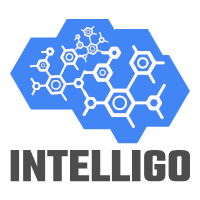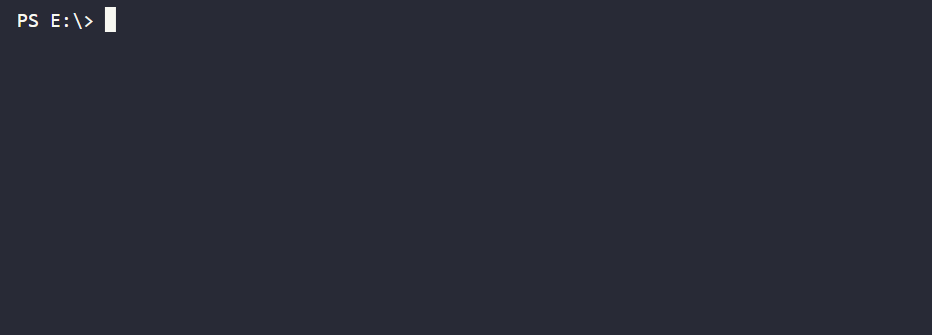
Intelligo AI chatbot framework
Intelligo is a AI Chatbot Framework for Node.js.
You can find the Intelligo documentation on the website.
Check out the Getting Started page for a quick overview.
You can improve it by sending pull requests to this repository.
| Project | Build Status | NPM version |
|---|---|---|
| neuro | ||
| intelligo-generator |
import express from 'express';
import { MessengerBot } from 'intelligo';
const app = express();
const bot = new MessengerBot({
PAGE_ACCESS_TOKEN: 'PAGE_ACCESS_TOKEN',
VALIDATION_TOKEN: 'VALIDATION_TOKEN',
APP_SECRET: 'APP_SECRET',
app: app,
});
bot.initWebhook();
//Train the neural network with an array of training data.
bot.learn([
{ input: 'I feel great about the world!', output: 'happy' },
{ input: 'The world is a terrible place!', output: 'sad' },
]);
//Subscribe to messages sent by the user with the bot.on() method.
bot.on('message', (event) => {
const senderID = event.sender.id,
message = event.message;
if (message.text) {
const result = bot.answer(message.text);
bot.sendTextMessage(senderID, result);
}
});
app.set('port', process.env.PORT || 5000);
app.listen(app.get('port'), function() {
console.log('Server is running on port', app.get('port'));
});Use bot.learn() to train the neural network with an array of training data. The network has to be trained with all the data in bulk in one call to bot.learn(). More training patterns will probably take longer to train, but will usually result in a network better at classifying new patterns.
Example using strings with inputs and outputs:
bot.learn([
{ input: 'I feel great about the world!', output: 'happy' },
{ input: 'The world is a terrible place!', output: 'sad' },
]);
const result = bot.answer('I feel great about the world!'); // 'happy'Triggered when a message is sent to the bot.
bot.on('message', (event) => {
if (message.text) {
const result = bot.answer(message.text);
bot.sendTextMessage(event.sender.id, event.message);
}
});The quickest way to get started with intelligo is to utilize the intelligo-generator to generate an bot as shown below:
Install the command line tool
$ npm install intelligo-cli -gGenerate the your messenger bot project:
Set the values in config/default.json before running the bot. Using your Facebook Page's / App's ACCESS_TOKEN, VERIFY_TOKEN and APP_SECRET
ACCESS_TOKEN:A page access token for your app, found under App -> Products -> Messenger -> Settings -> Token GenerationVERIFY_TOKEN:A token that verifies your webhook is being called. Can be any value, but needs to match the value in App -> Products -> Webhooks -> Edit SubscriptionAPP_SECRET:A app secret for your app, found under App -> Settings -> Basic -> App Secret -> Show
Note: If you don't know how to get these tokens, take a look at Facebook's Quick Start Guide .
$ npm installStart your bot app:
$ npm startCollection of examples for using Intelligo Framework.
- Hello, world The hello world bot is a minimal Messenger bot.
- Jisho bot The jisho bot Japanese-English dictionary Messenger bot using www.jisho.org public API.
- 📥 Pull requests and 🌟 Stars are always welcome.
- You may contribute in several ways like creating new features, fixing bugs, improving documentation and examples or translating any document here to your language. Find more information in CONTRIBUTING.md. Contributors
This project exists thanks to all the people who contribute.
If you'd like to join them, please consider:
Thank you to all our backers! 🙏 [Become a backer]
Support this project by becoming a sponsor. Your logo will show up here with a link to your website. [Become a sponsor]
Copyright (C) 2018-present Turtuvshin Byambaa.
Intelligo framework is open-sourced software licensed under the MIT license.
(See the LICENSE file for the whole license text.)





